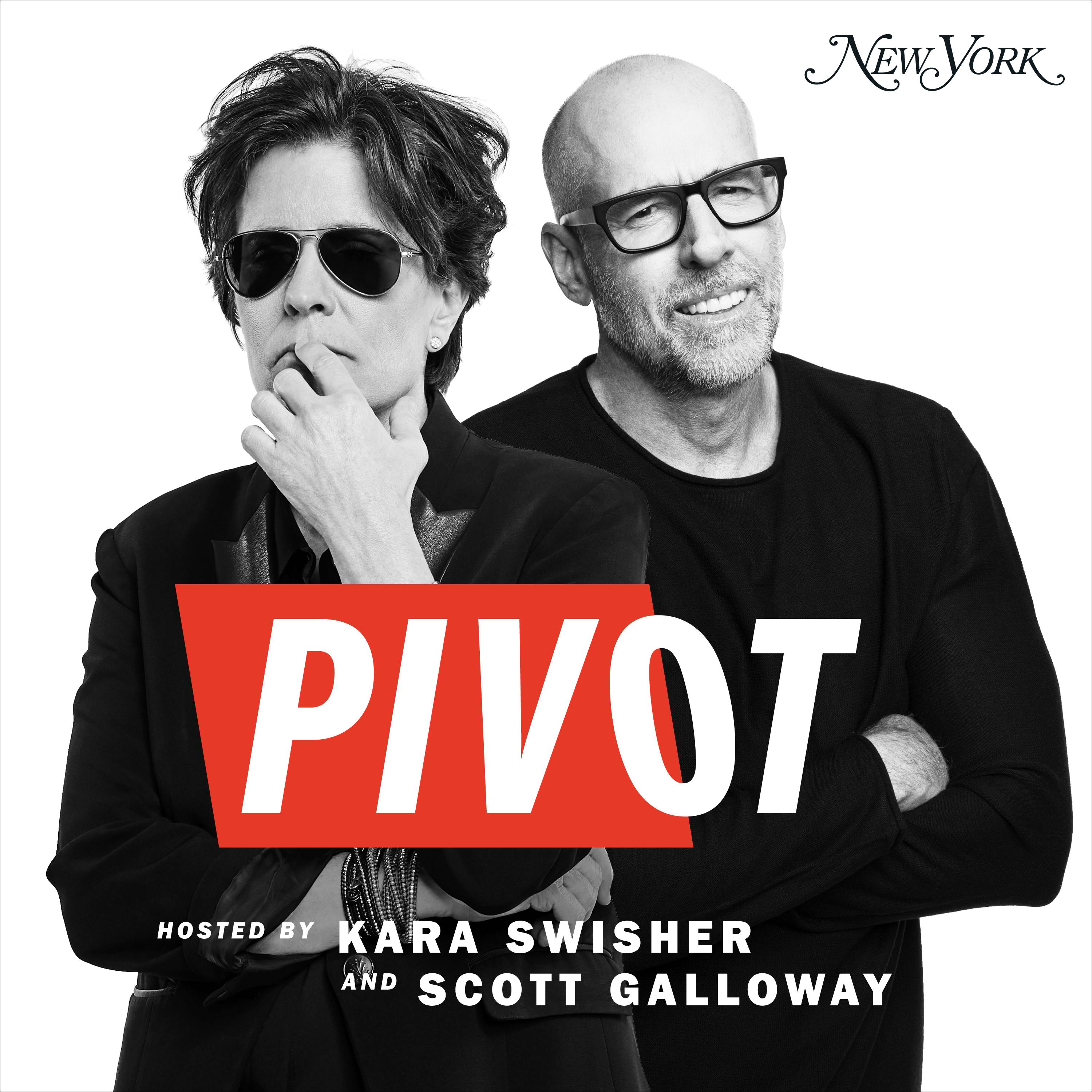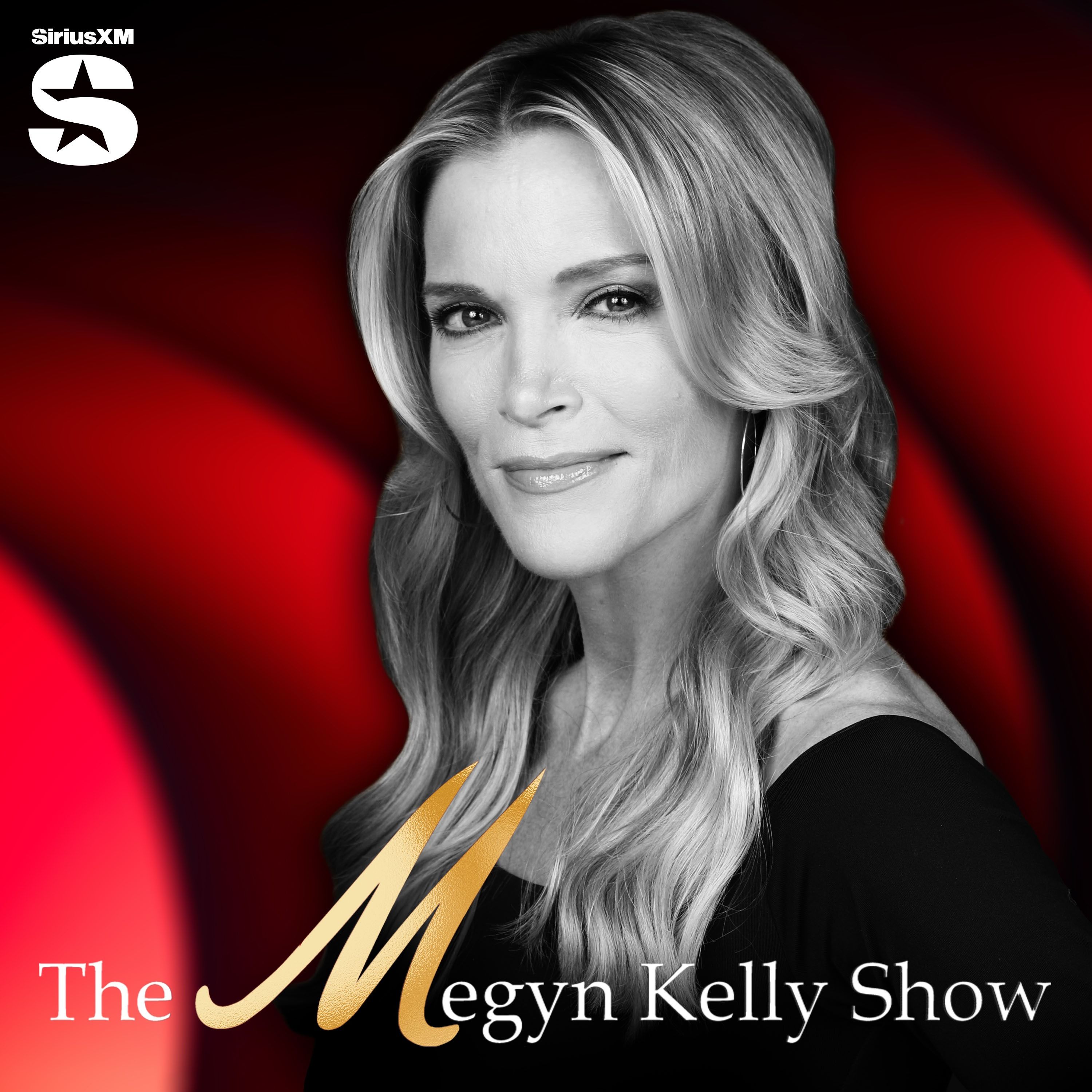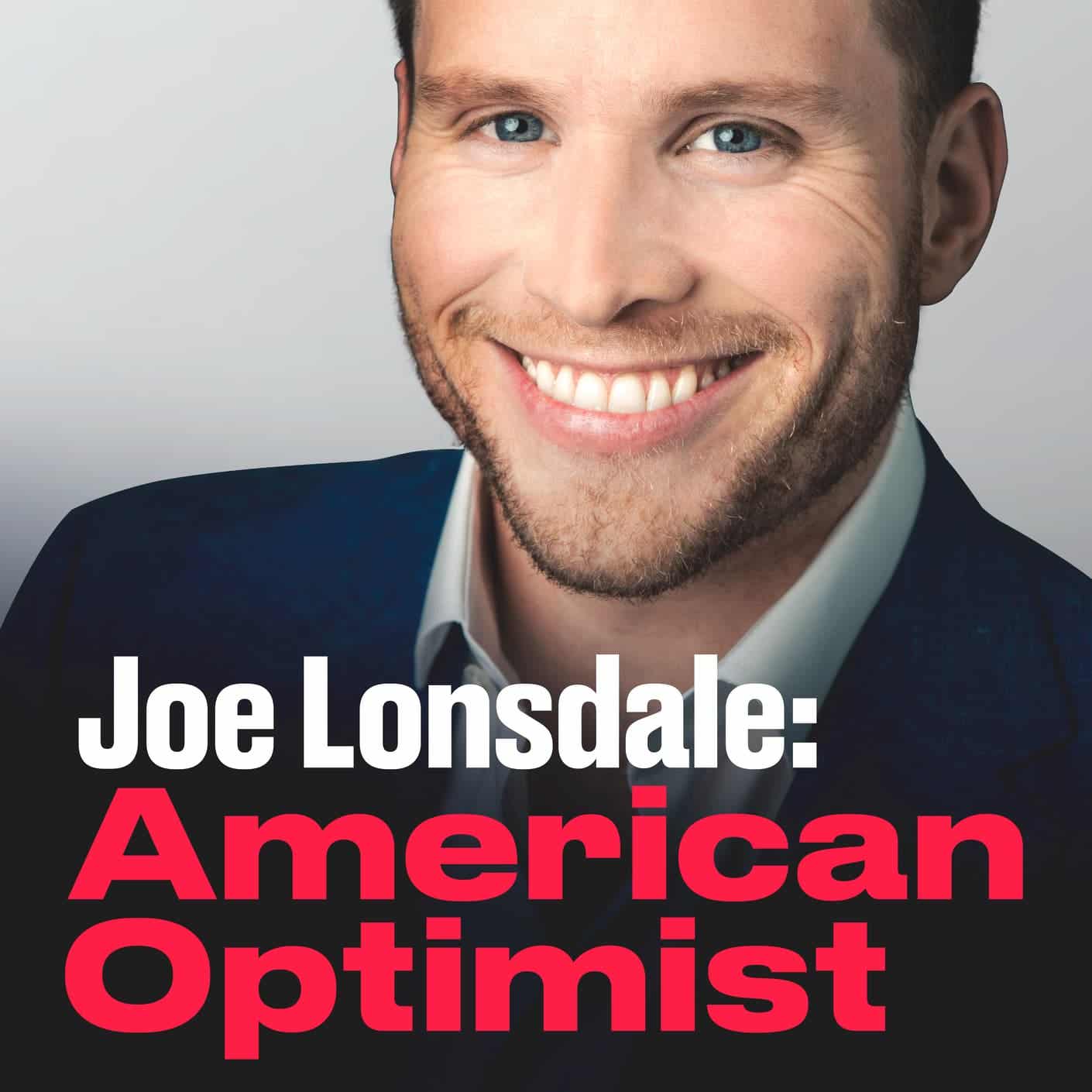PortalsOS
Related Posts
Vote to see vote counts

I'm stepping back from co-hosting the podcast to work on my big passions like writing a book and going deeper into topics like U.S.-China relations, regulatory capture, and the dysfunctional state of U.S. health care.

Conspiracy theories often exploit distrust or gaps in information, and it's important to differentiate between conspiracy and critical thinking.

Despite stereotypes, my show is extremely information-heavy. I learned from talk radio that when you run out of things to say, you need a safe space. For some, it's jokes or anger; for me, it's more information. That's what people want from me: authoritative takes.

Secretive events where influential people discuss global issues, such as climate change, are often criticized for being more about networking than genuine concern for the world.

Most people want clickbait and soundbites. But the essence of my work is about unlocking the potential already within us, not just about poison or power.
The media's failure to provide reliable information has led to people seeking opinions from unconventional sources like comedians and commentators.

The rise of podcasts and long-form content has shown that there is a large audience for in-depth, intelligent commentary, contrary to the belief that attention spans are collapsing.

Journalists often write for one another, leading to a collective disdain for the entrepreneur class and a tendency to virtue signal through negative coverage.

The rise of podcasts and independent media shows that people crave authentic conversations that aren't restricted by commercial interests or ideological biases.
Journalists often write for each other, creating a negative echo chamber against entrepreneurs due to jealousy of the tech industry's success.